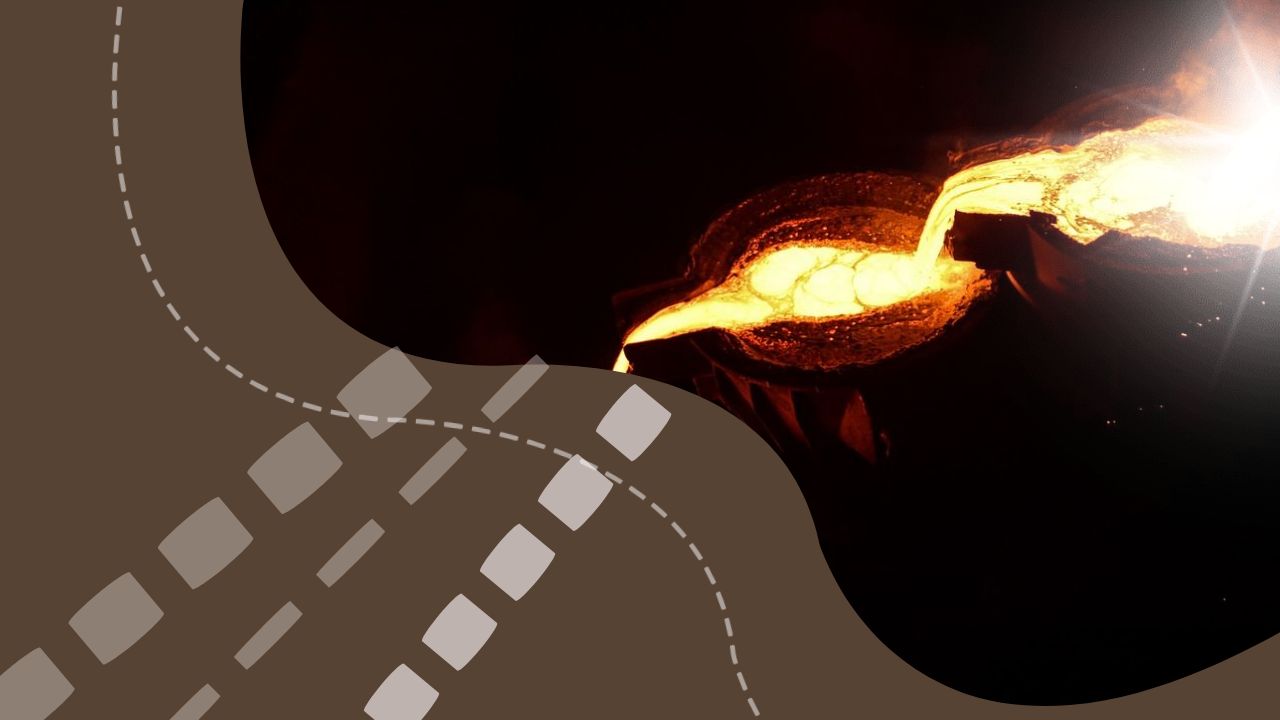President Shavkat Mirziyoyev has publicly expressed his concern over the country’s export volumes in recent months, replacing Deputy Investment, Industry and Trade Minister Badriddin Abidov, and firing a slew of local officials in a bid to shake up the country’s economic order book. According to Mirziyoyev, Uzbekistan should be exporting around 30 percent more than it currently does,
Despite Uzbekistan’s efforts in recent years to position itself as a leading player in sectors like energy, minerals and textile production, Tashkent is determined to do more, particularly given the volume of foreign shipments decreased in four regions and two major industries last year.
One of the challenges lies in the fact that half of Uzbek exports go to just four countries: Russia, China, Kazakhstan, and Turkey – meaning the Central Asian nation is eager to diversify and find new partners. Uzbekistan joined the EU’s GSP+ preferential tariff arrangement in 2021, but exporters haven’t fully taken advantage of the range of goods covered by the scheme, according to the Uzbek government.
In 2021, Uzbekistan was the number 76 economy in the world in terms of GDP (current US$), the number 81 in total exports, the number 78 in total imports, the number 165 economy in terms of GDP per capita (current US$) and the number 79 most complex economy according to the Economic Complexity Index (ECI) .
During the last five reported years the exports of Uzbekistan have changed by $7.31B from $7.37B in 2016 to $14.7B in 2021. The most recent exports are led by Gold ($4.53B), Non-Retail Pure Cotton Yarn ($1.61B), Refined Copper ($741M), Petroleum Gas ($722M), and Radioactive Chemicals ($407M).
The top imports of Uzbekistan are Packaged Medicaments ($1.04B), Motor vehicles; parts and accessories (8701 to 8705) ($1.01B), Cars ($656M), Refined Petroleum ($608M), and Wheat ($535M), importing mostly from China ($5.63B), Russia ($5.12B), Kazakhstan ($2.47B), South Korea ($1.92B), and Turkey ($1.87B).
Another obstacle is the international certification of products, with less than 35% of enterprises in key industries meeting global standards.
President Mirziyoyev has now set ambitious goals, aiming to increase export volume to EU countries to $1.2 billion and nearly doubling the number of product categories exported to the EU. The plan includes implementing 1,700 international standards and 19 regulations by the end of 2024, along with transitioning 1,200 enterprises to global quality standards.
The Uzbek government is also looking to deepen its ties with China, with a view to becoming an export partner for Chinese firms. On a recent visit to China, which was a main focus of Uzbek media in recent weeks, President Mirziyoyev made a detour to Shenzhen to visit EV giant BYD, where joined the manufacturer’s CEO Wang Chuanfu in watching the launch of a BYD plant in Jizzakh. This comes with the right to export Uzbek-manufactured BYD vehicles in Central Asia.
While some may view this as a welcome state focus on exports, others might interpret it as a sign that free-market reforms haven’t had the desired impact. As Uzbekistan strives to become an industrial, high-middle income country at a time of geopolitical insecurity its diversification of trade partners will be key. The scrutiny will be on its commitment to reforms and promotion of private-sector-led growth, as investors and entrepreneurs consider the country for potential partnerships and business opportunities.

